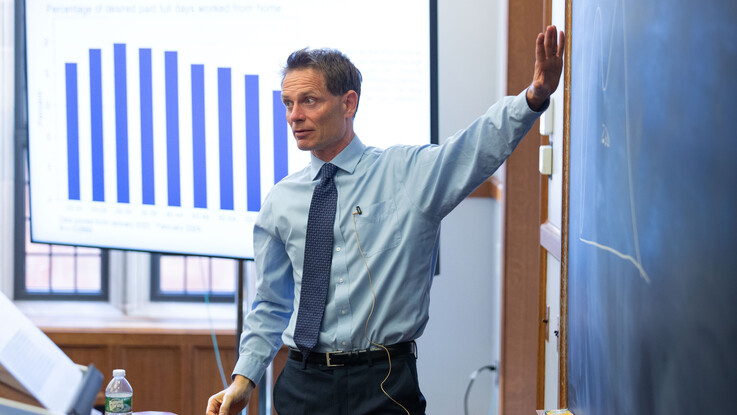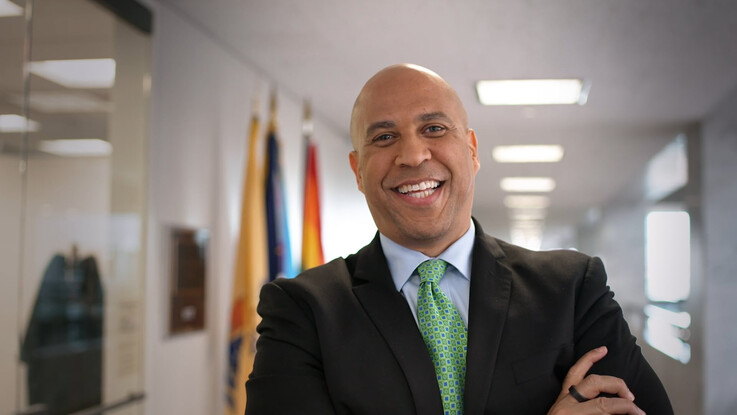Closed captioning has been provided for a number of Yale Law School’s recent videos and will be provided on an ongoing basis in the future. Please be advised that captions are made from video recordings and may be affected by the quality of the recording and contain errors and omissions. Please bring any errors to our attention by emailing publicaffairs.law@yale.edu.
Conversations on Leadership: Becca Heller ’10
7:38
Becca Heller ’10, CEO and co-founder of the International Refugee Assistance Project (IRAP), discusses the challenges of starting a nonprofit as a law student and how she learned to become a leader.
2024 Yale Law School Commencement
1:14:47
Members of the Yale Law School community, along with family and friends of the Class of 2024, came together to celebrate the graduates on May 20. This year's Commencement honored 244 degree candidates. Douglas NeJaime, Anne Urowsky Professor of Law, served as the faculty speaker, and Damian Williams '07, U.S. Attorney for the Southern District of New York, was the guest speaker.
2024 Judge Ralph K. Winter Lecture: Jason Furman
56:38
Jason Furman of Harvard University delivered the Judge Ralph K. Winter lecture titled "Clear Thinking About Economic Policy: Overcoming the Liberal and Conservative Vices" on Feb. 26, 2024.
2024 John R. Raben/Sullivan & Cromwell Fellowship Lecture: Nicholas Bloom
1:02:16
Nicholas (Nick) Bloom, the William D. Eberle Professor of Economics at Stanford University, delivered a lecture titled "The Glorious Future of Working from Home" on April 8, 2024.
Yale Law School at 200: Cory Booker ’97 on Working Across the Aisle
2:48
Booker, a U.S. Senator, talks about the ways Yale Law School launched his political career and taught him to make connections across the aisle.
Yale Law School at 200: Frank Jimenez ’91 on His Ongoing Connection to YLS
2:57
Jimenez, the Vice President and General Counsel of GE HealthCare, talks about the support he found at the Law School and the importance of giving back.
Yale Law School at 200: Leondra Kruger ’01 on a Career of Service
2:29
Kruger, a Justice on the Supreme Court of California, speaks about how Yale prepared her for a job in which she gets to think deeply about the law and be of service.
Yale Law School at 200: My Khanh Ngo ’17 on Her Experience in the Clinics
2:23
Ngo, a Staff Attorney at the ACLU Immigrants’ Rights Project, recounts her clinical work on the 2017 travel ban and how experiential education prepared her for a career in the public interest.








